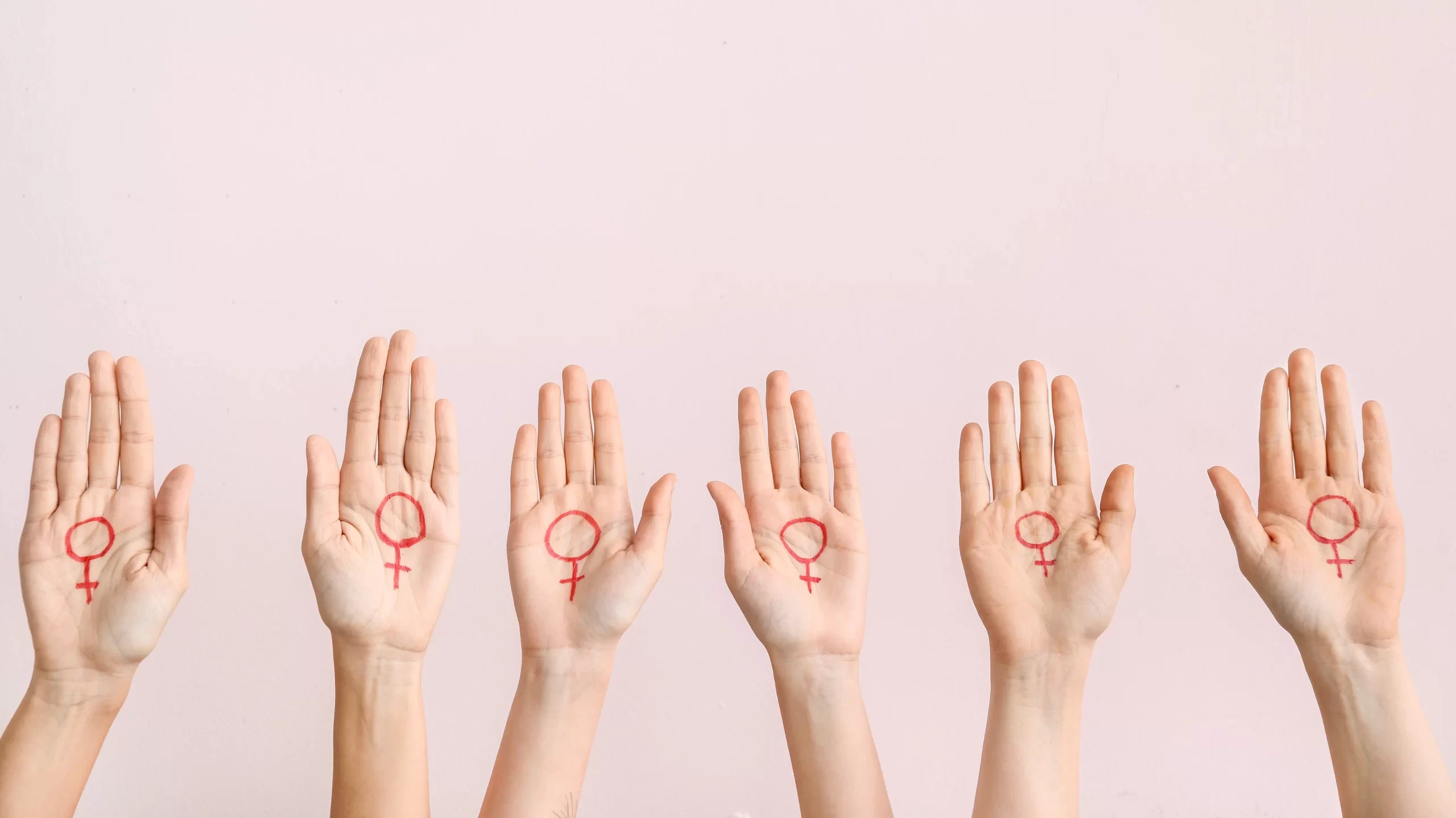Alabama’s state motto boldly declares, “We dare defend our rights.” It is a proud assertion of liberty and resilience, yet it rings hollow for the women whose rights are ignored, diminished, or outright denied. For them, the promise of freedom feels like an illusion — one that vanishes the moment their autonomy collides with the state’s oppressive policies.
The fight for women’s rights in Alabama has never been easy. From its earliest days, the state has resisted progress, dragging its feet on issues of equality while cloaking injustice in the guise of tradition. When the 19th Amendment granted women the right to vote, Alabama stood firmly against it, refusing to ratify the amendment. Even after it became law, systemic barriers ensured that many women, especially women of color, remained excluded from the democratic process.
This resistance to women’s autonomy is not just a relic of the past — it is alive and well today. The 2019 abortion ban, among the strictest in the nation, criminalized nearly all abortions with no exceptions for rape or incest. When the Supreme Court’s Dobbs decision overturned Roe v. Wade, Alabama’s ban went into full effect, leaving women with few, if any, options. For a young girl impregnated by her abuser, the law offers no compassion. For a woman facing life-threatening complications, it offers no mercy.
These policies are not about justice; they are about control. The consequences extend far beyond reproductive rights. Alabama has some of the highest maternal mortality rates in the country, a crisis exacerbated by the state’s refusal to expand Medicaid and the closure of rural hospitals. Women in Alabama must navigate a healthcare system that is not just inadequate but actively hostile. Add to this the economic burden — women in the state earn just 74 cents for every dollar earned by men, with even greater disparities for Black and Latina women — and the picture becomes devastatingly clear.
These are not isolated issues; they are interconnected systems of oppression that reinforce one another. But despite these challenges, hope is not lost. Change is possible — and it begins with us. Alabama’s history is not only one of resistance to progress but also of courageous individuals who dared to fight for what is right.
Today, grassroots organizations and advocacy groups across the state are working tirelessly to protect women’s rights, expand healthcare access, and address systemic inequities. Groups like the Yellowhammer Fund, which supports women seeking reproductive care, or Alabama Arise, which advocates for Medicaid expansion, are already making a difference. These organizations show us that progress is not a pipe dream — it’s a reality we can build together.
Imagine a different Alabama — an Alabama where every woman has access to quality healthcare, where no mother is forced to choose between feeding her family and traveling out of state for medical care, and where every girl grows up knowing her voice matters as much as anyone else’s. This vision is not impossible; it is within reach if we commit ourselves to action.
At times, it feels as though women in Alabama are treated more like subjects under a repressive regime than citizens in the United States. Comparisons to theocratic rule under the Ayatollahs or the Taliban may seem extreme, but how else can one describe laws that reduce women to second-class status, stripping them of autonomy in ways reminiscent of Old Testament decrees? Is this the vision of freedom Alabama’s leaders wish to uphold? Or have religious zealots so infiltrated our politics that we are returning women to a time when their rights were dictated by theocratic interpretations of morality? What are we, as women and men of conscience, to make of these injustices? More importantly, what are we prepared to do about them?
Even in the face of such oppression, many Alabama women refuse to be silenced. They demand a future where their rights are not negotiable. Their resilience is a powerful reminder that progress does not come from those in power but from those brave enough to challenge it.
If Alabama’s leaders truly believe in the motto they so proudly proclaim, then they must act to ensure that freedom extends to all — not just to some. Leadership is not about imposing control; it is about empowering people to make their own choices. It is about recognizing that true liberty cannot exist without equality.
For too long, Alabama’s policies have sought to diminish women, treating their autonomy as expendable. But tradition cannot excuse injustice, and no moral argument can justify the systemic oppression of women. The fight for women’s rights in Alabama is far from over. It is a battle for dignity, equality, and the right to live free from control. Women in Alabama — and around the world — deserve more than hollow promises of freedom; they deserve the reality of it.
If Alabama truly dares to defend its rights, it must begin with the rights of its women. Anything less is not courage — it is cowardice. The time has come for Alabama’s leaders to stand with women, not against them.
The path forward requires action. Support local organizations working for change. Contact your representatives and demand policies that prioritize women’s health and rights. Use your vote to hold leaders accountable. Most importantly, refuse to stay silent in the face of injustice. Together, we can create a state that embodies its motto — not just in words but in deeds. It is time to move beyond the past and embrace a future where everyone, regardless of gender, can live with the dignity and freedom they deserve.




















































